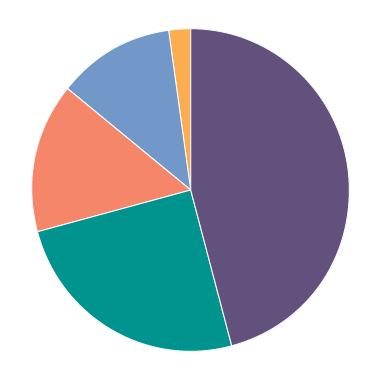Immigrant-origin students account for 58% of U.S. postsecondary enrollment growth in the last twenty years. This population will continue to grow in the next ten years. Yet the significant implications of that growth for state and national postsecondary attainment goals have been underexamined. While many immigrant-origin students possess characteristics that have been studied extensively, such as being the first in their families to go to college and being predominantly from racial and ethnic minoritized groups, they face a range of additional immigration stressors.
The Presidents’ Alliance for Higher Education and Immigration is currently building an online Higher Ed Immigration Portal that will provide resources supporting immigrant-origin students to afford, access and complete a postsecondary credential and addresses the complex set of barriers that these students face.
RFA serves as the strategic research partner for the Presidents’ Alliance state-level policy tracking and analysis hub. In the absence of federal responses to the challenges facing immigrant and undocumented students pursuing college and career pathways, a close examination of state policies providing access to these students becomes important to inform the current and future work of state policymakers, institutional practitioners, and advocates. RFA is conducting an inventory of existing state policies that impact higher education and immigration, such as in-state tuition, state level financial aid, and professional and occupational licensure.
An October 2020 Fact Sheet on the role of statewide Promise programs in advancing affordability, access and success for undocumented students is the first in a series of research summaries and analyses that will be uploaded to the Higher Ed Immigration Portal.
